Epoxy grout is a unique and popular grout for tiling that does not use cement or water in the mixing process. It features a hardener, pigments, epoxy resin, and silica fillers. Epoxy grout is less porous compared to the cementitious grout. Also, epoxy grouts work best in areas containing greases and acids such as kitchens.
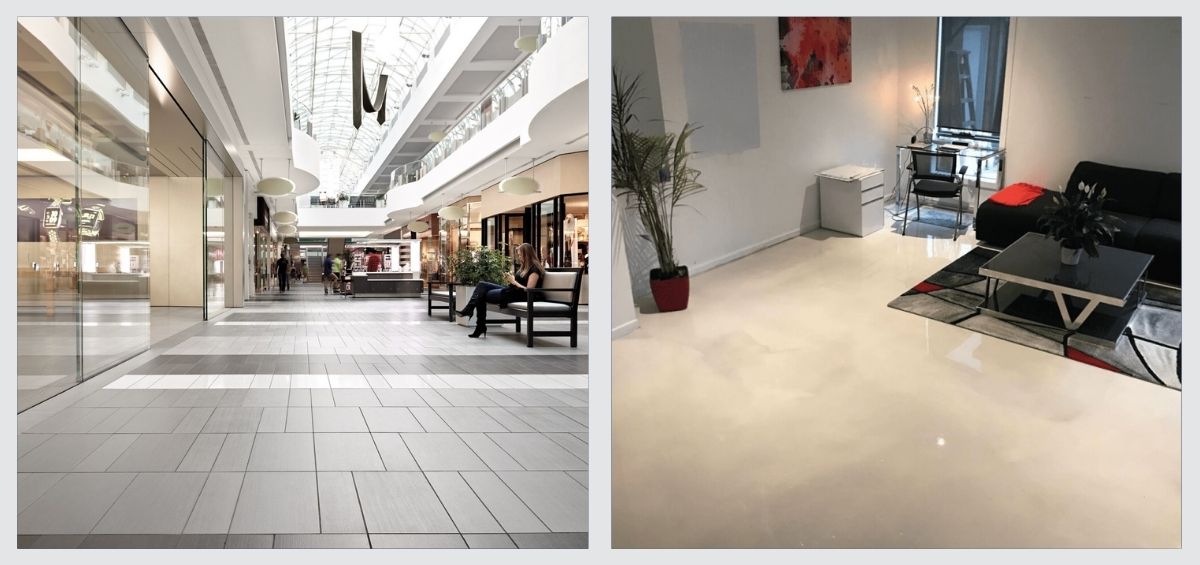
Features
1. They Call It Bomb Proof
Bomb proof could be a bit of a stretch, but epoxy has a reputation of being stronger than the tiles used. Its composition brings about versatility and magnified robustness. This has made it the best grout for high traffic interiors and exteriors.
In homes, the living room and hallway experience most traffic throughout the day, compared to the bedroom. Outdoor high traffic areas include malls, restaurants, and hospitals. Not sure about bombs, but heavy machinery can’t crumble or crack this grout.
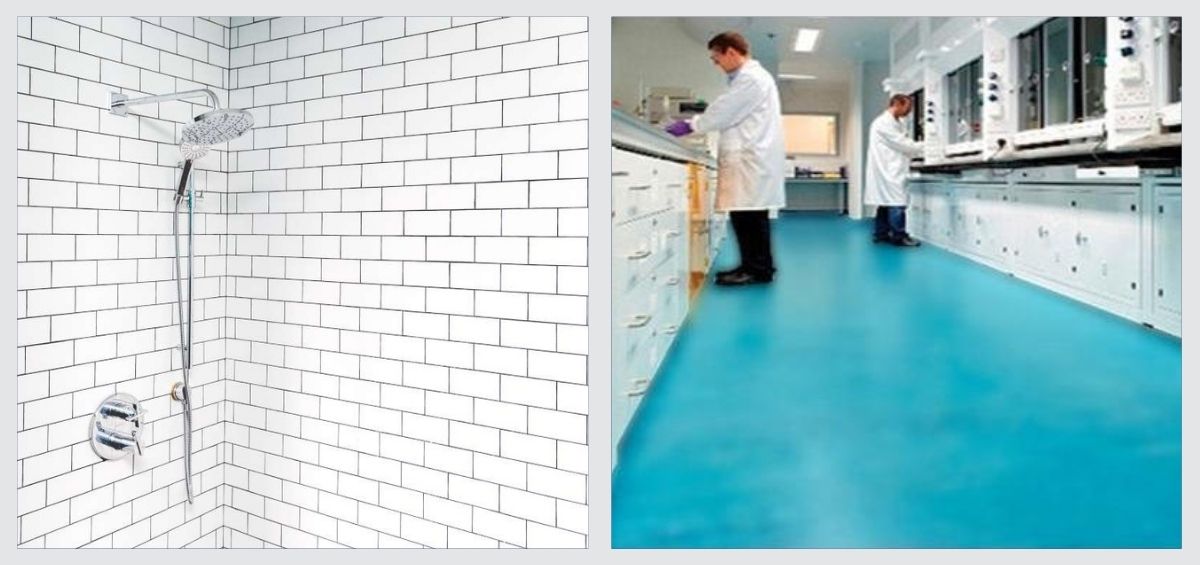
2. It’s Non-Porous
Most of Epoxy grout’s notable features are based on its non-porous aspect. Non-porous means that the grout is unable to pass through the air and other contents such as liquids. As it repels other substances, it also becomes stain resistant.
This makes it perfect for wet environments like bathrooms, chemical handling rooms like laboratories, and stain prone areas like the kitchen backsplash, floor and walls. You’ll not have to worry about what substances you handle in your home or business setting when you apply epoxy grout.
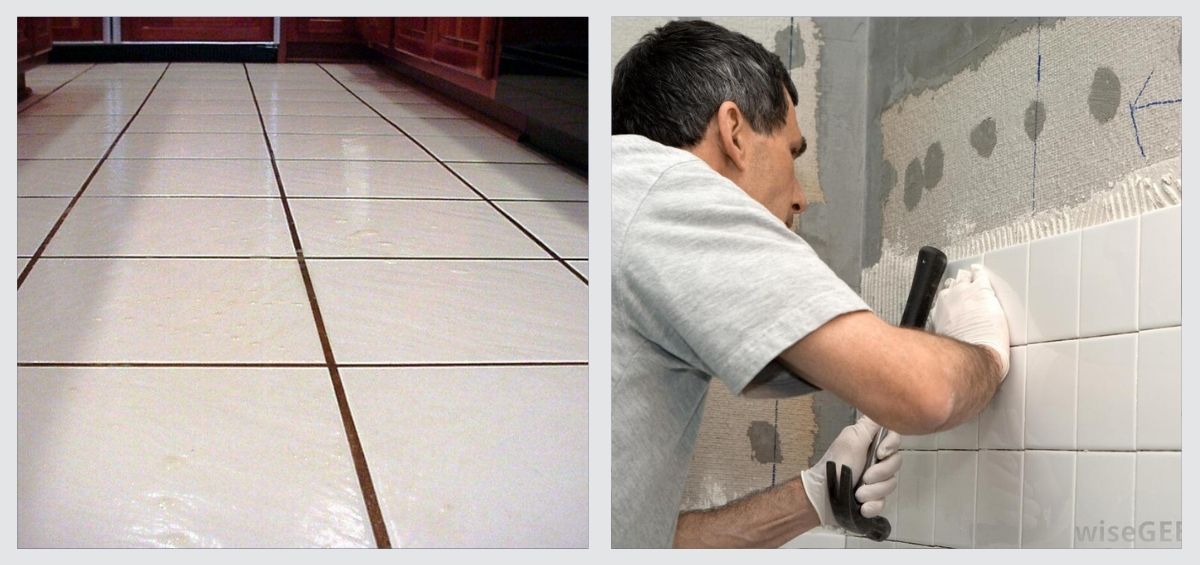
3. Doesn’t Need A Sealer After Application
Epoxy grout solidifies quite fast as compared to cement grout, and the fact that it’s resistant to other substances, you need not worry about sealing the surfaces. Careful application of the grout and considerate cleaning of it will work just fine for years to come.
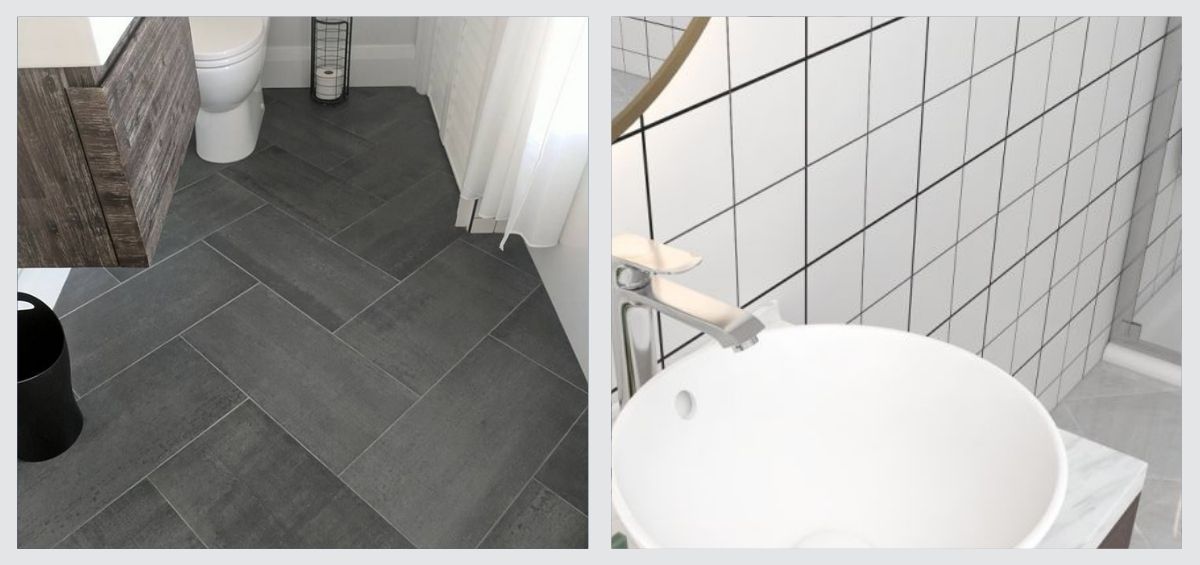
4. The Grout Doesn’t Discolor
Nothing’s as bad as having a structure’s color changing from one week to another. When shampoo drops and stains your cement grout, its components might cause discoloration.
Splats of oil, soap dish, food color, and such like substances found in the kitchen can also change the color of your grout when they come into contact. Have you filled your joints with Epoxy grout? Then this is no longer your worry.
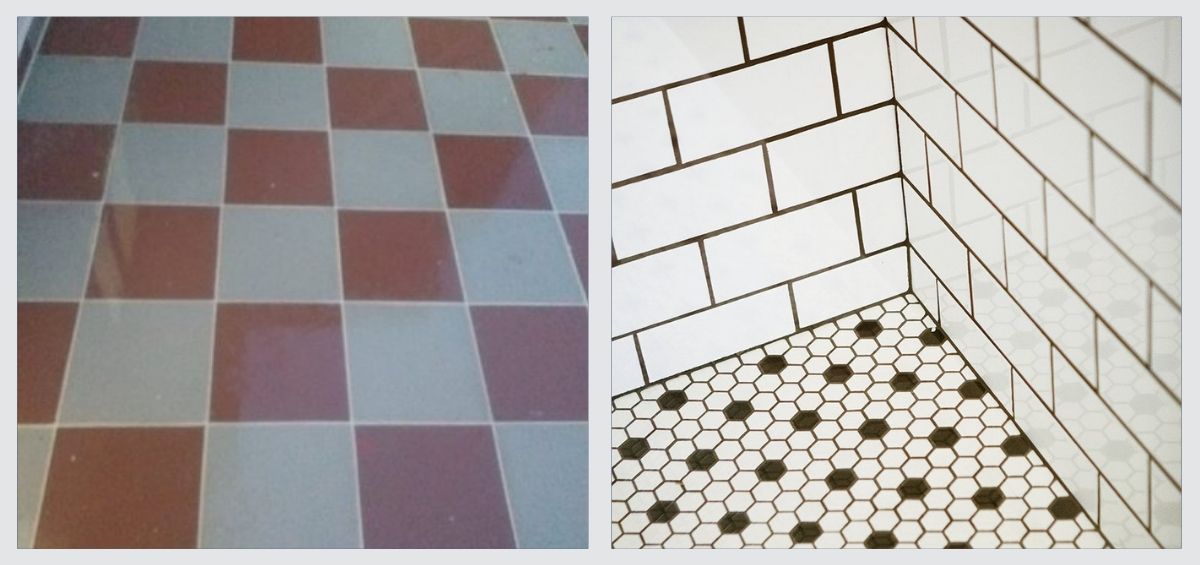
5. Color Variation
Epoxy grout comes in a variety of shades. Forget the good-old grey; would you like some mocha? There’s brown, tan, and many other options for you.
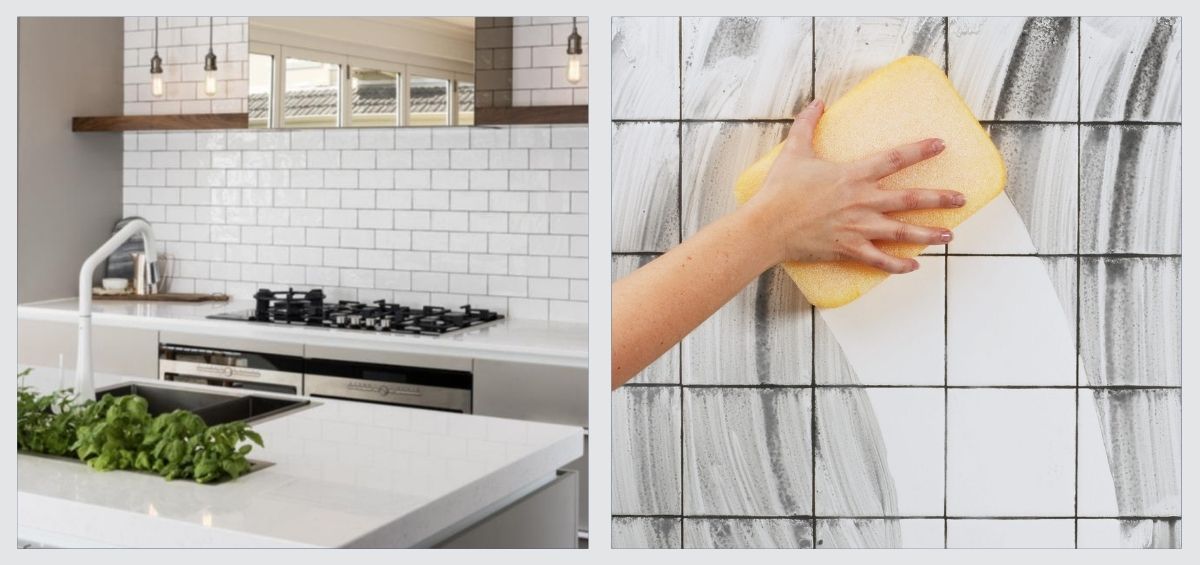
Pros
Epoxy grout is a very strong, exceedingly durable and chemically-resistant material that can last a lifetime.
It is non-porous and discourages the growth of mould or mildew. This makes epoxy grout highly suitable for areas like bathrooms and kitchens, which are prone to damage by water.
Epoxy grout is stain-resistant, easy to maintain and ensures fuss-free cleaning. The best part about this grout is that dust and grime can be easily cleaned with a damp cloth or wet sponge.
Another plus is that epoxy grout is available in a wide range of colours. Opt for a colour that will match the colour of the tile to impart a neat and seamless look.

Merits Of Epoxy Grouts Versus Cement Grouts
Epoxy grout develops a greater bond to steel than does cement grout.
Epoxy grout develops a higher bond to concrete than the concrete tensile strength (concrete tensile strength is approximated at 10% of compressive strength).
Epoxy grout will develop a compressive strength greater than the concrete compressive strength between 24 and 48 h after placement.
When properly mixed and applied, epoxy grout will provide a bearing area greater than 90%.
It is 100% prepackaged.
It has a high chemical and oil resistance, much greater than cement grout has.
Itwill accept higher dynamic and static loading than will cement grout.
It will make the equipment and the foundation a monolithic unit.
The construction sector applies a variety of epoxy resins such as polyurethane, epoxy, and many more. Yes, epoxy has a name that implies the presence of cement material, but it does not feature any cement percentage. For the epoxy hardener, it plays an essential role in initiating epoxy grout’s hardening process. Also, the epoxy hardener is vital in repairing cavities and hairline cracks in concrete structures. Other than this, this element can work best as a primer or bonding agent
Healthy Homes with its expert and experienced technical team can assess and repair external walls. Give us a call today on 1800-419-4647.


